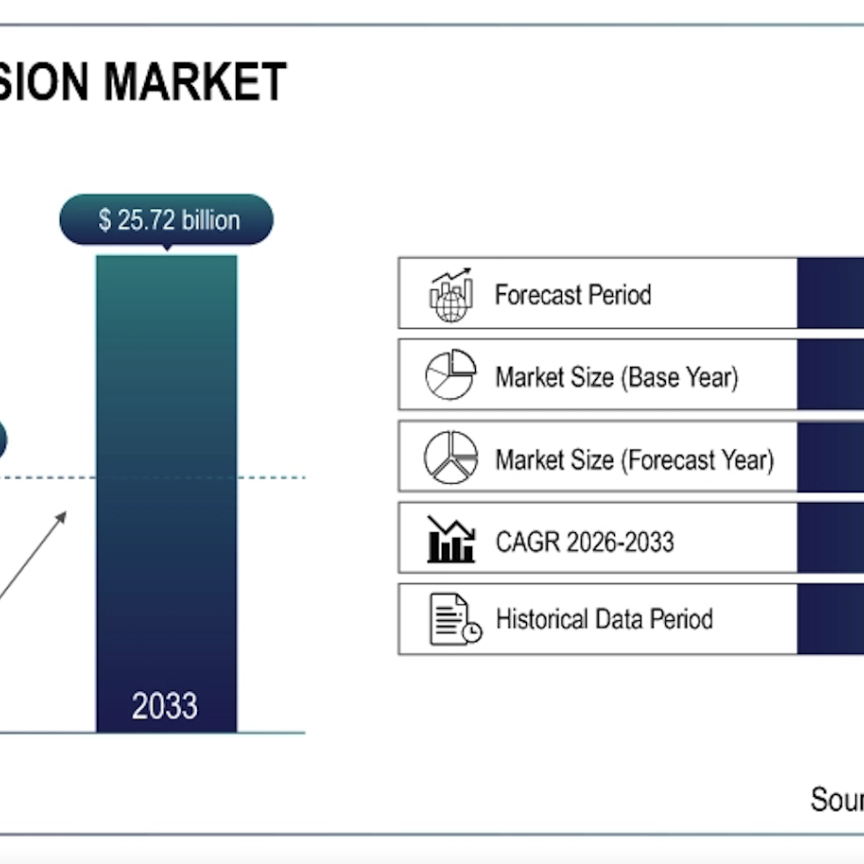Anne Wendel, director of VDMA Machine Vision, writes about the importance of free trade for the machine vision sector, and what the VDMA is doing to promote this
When looking through the news, an export-oriented medium-sized company can become afraid and anxious. Everywhere in the world nationalism and protectionism are reviving, even in western industrialised countries, where until recently we thought this was impossible. Discussions about free trade are emotionally driven: fears about lower quality standards of food and products, migration and increasing unemployment are deliberately stirred up and are listened to. Rational arguments will not get us far! Together with – and for its – 3,200 member companies, VDMA has started a campaign for free trade reaching out to the general public and politicians through the internet and various social media channels. The goal is to show that we all depend on, and benefit from, free trade.
Free trade is essential to our lives. Our economic strength, and therefore our prosperity, depends on it. Without free trade, we would not be able to export our domestic products, resulting in the loss of millions of jobs. Increasing prosperity in many countries across the globe would not be possible without free trade either. China and South Korea are the best examples of this.
Benefits of free trade
Free trade strengthens our economy and creates greater prosperity – in Germany, Europe and around the world. Free trade drives industrialisation and encourages competition and innovation. It creates a high number of skilled jobs, not only in Germany, but also in the countries that receive our exports.
After the Second World War, Europe began to grow together economically. We have now lived in peace for more than 70 years. Those who trade together do not wage war with each other. The EU is not only an open economic space, it also makes many political decisions together. Open borders have brought the people of Europe closer together. Free trade, and our single market in particular, have ensured peace in Europe for over 70 years now.
Free trade carries new ideas. The successful implementation of the fourth industrial revolution, also known as Industry 4.0, would not be possible without the global exchange of ideas. Medical research and innovative products and business models increase our quality of life, both at work and in our free time.
Free trade and competition increases the diversity in our lives. Currywurst is a perfect example of a food formed through free trade. This spicy treat may have originated here in Germany, but it would not be possible without ingredients from overseas. The Portuguese brought chili to Europe from South America, from where the British took it to India. The Indians used the chili to make a curry spice mix – and the Berliners made currywurst!
VDMA’s motivation
Free Trade is of utmost importance for the mechanical engineering industry. Around 77 per cent of Germany’s turnover of €220 billion (2016) is exported. More than 600,000 jobs are directly dependent on exports. Around 35 per cent of exports already go to countries with high import hurdles.
Looking at the machine vision industry, the protectionist tendencies have an even greater impact.
Though the share of exports (67 per cent of turnover) is a bit lower than in the rest of the mechanical engineering industry, our sector depends to an even greater extent on free trade.
The machine vision industry is dominated by many very small and medium-sized companies – the marjority of them have less than 50 employees. Hence, they cannot shift production abroad to circumvent protectionist measures.


